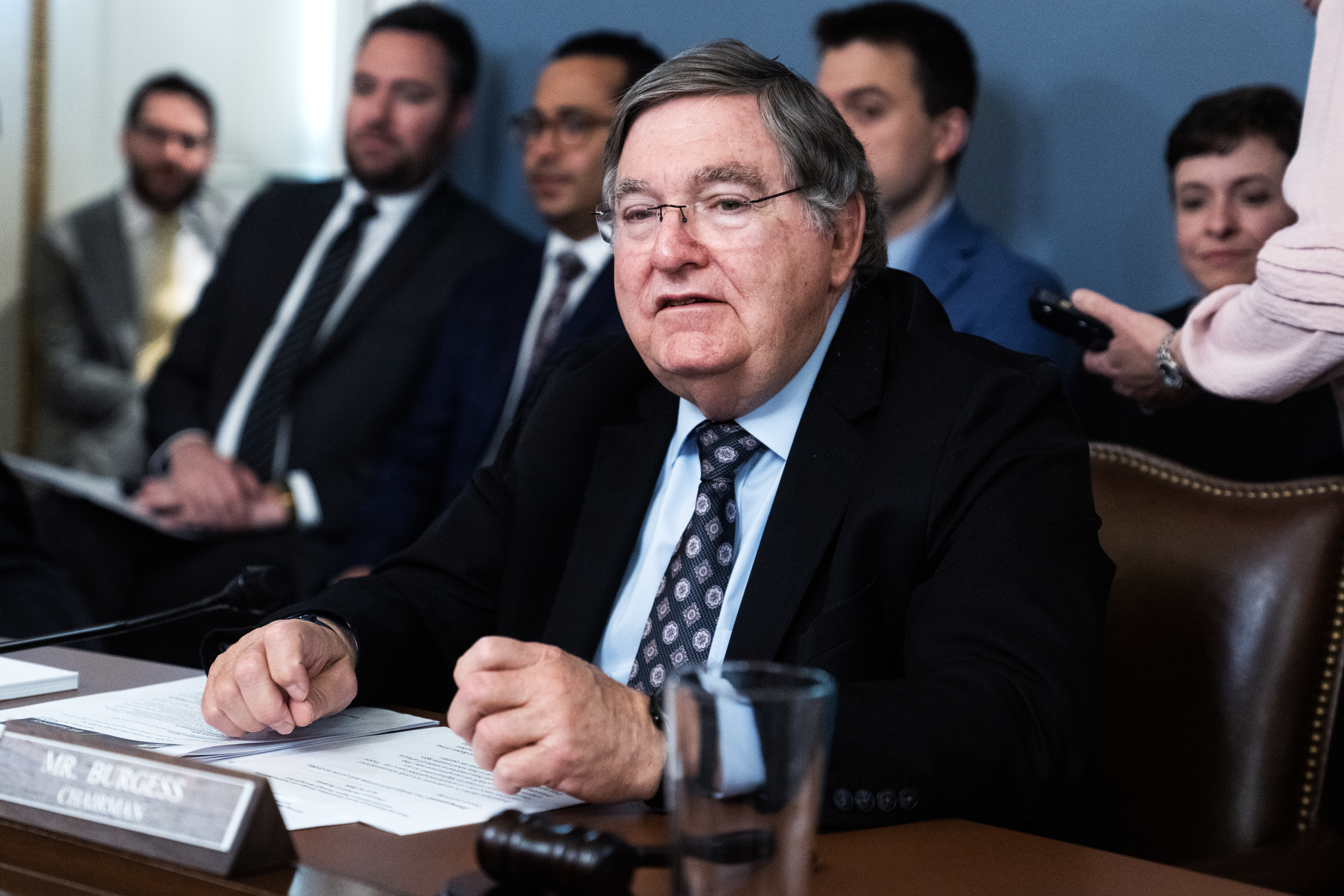New Army records obtained by NBC 5 Investigates show active duty soldiers including those returning from combat have had to wait days or even weeks to make appointments with mental health counselors at Fort Hood.
Even as combat slowed down, the number of soldiers needing mental health care at Fort Hood has remained high. Thousands of soldiers still see counselors every week and records show that for more than six years the Army has struggled to hire enough psychiatrists, psychologists and social workers to help recovering soldiers.
A 2011 Army PowerPoint presentation obtained by NBC 5 Investigates shows the average wait time for soldiers to see a psychiatrist reached 49 days and the average wait to a psychologist was 53 days.
The presentation said Fort Hood has faced “unprecedented demand for behavioral health services,”that were “…coupled with ongoing staffing challenges…”
Soldiers receiving behavioral health care include troops recovering at Fort Hood’s Warrior Transition Unit or WTU. NBC 5 Investigates teamed up with The Dallas Morning News for a year-long investigation that uncovered hundreds of complaints about treatment inside the Army’s Warrior Transition Unit’s (WTUs) that were designed to help injured soldiers heal.
“It’s something I’ll live with the rest of my life. I have good days and bad days,” said retired Army Spc. Logan Burnett.
Burnett was shot three times but survived the 2009 attack at Fort Hood that left 13 dead. He has struggled with nightmares, anxiety and post-traumatic stress.
Local
The latest news from around North Texas.
But when he needed to talk to a counselor, he said help wasn’t easy to get.
During his time at the WTU at Fort Hood, Burnett recalls many soldiers returning from combat needing mental health care and a shortage of staff.
“Unless you were suicidal and vocal about it, it was non-existent,” said Burnett.
He said he would wait weeks because there weren’t enough providers to see those in need.
Burnett’s counselor eventually gave him a personal cell phone number he could call for more immediate help, but he worries other waiting for help may not speak up and could end up in a dark place like he remembers.
“When I was at Fort Hood I can’t tell you how many good days I have because they were so few and far between that I’m not sure which days were good, but I know there were a hell of a lot of bad ones,” said Burnett.
Burnett credits family and friends for pulling him through. He returned from the Army in 2013, hoping things would be better for the next soldiers.
“You need to have more providers to treat them,” said Burnett.
Pete Geren, former Secretary of the Army, told NBC 5 Investigates soldiers often questioned him about long wait times when he was secretary from 2007 to 2009.
“The complaint I got more than any other complaint from those families was the wait times to get counseling and mental health services. And it wasn't for want of trying on behalf of the Army - the assets just weren't there,” said Geren.
NBC 5’s investigation found the Army still has challenges getting some of those assets today. This summer Fort Hood was short four psychiatrists. Those jobs were just filled in the last few weeks. But they still have 10 vacant psychologist positions to fill -- and they're short 20 social workers.
But Fort Hood’s new hospital commander, Col. Mark Thompson, said staff shortages are not preventing soldiers from getting the care they need.
Thompson, who said he’d like to be 100 percent staffed, said even with the shortage any soldier needing urgent help is seen the same day.
But records show some soldiers still wait an average of 21 days for routine follow-up appointments. That’s longer than the Army’s target goal of seven days.
Thompson said any waiting soldier can get help right away if their situation changes.
“I think we do a very good job of getting soldiers the help they need when they need it,” said Thompson.
There are long wait times in the civilian world too, as well as a shortage of doctors. In Texas, health care staffing firm Merritt Hawkins found 185 counties in Texas have no general psychiatrist.
“The pool of behavioral health providers in the country is not what the country needs and, to be honest, the military right now, and particularly the Army, is using a lot of resources,” said Thompson.
The Army is aggressively trying to fill open mental health care positions even hiring short-term contractors.
Demand for care is not letting up. Records show counselors at Fort Hood are still handling between 11,000 to 13,000 appointments each month. That’s down only slightly from four years ago when they were seeing 13,000 to 16,000 a month.
The Army is rolling out a new system that’s embedding more mental health workers in Army units so they’re closer to soldiers needing help. That will eventually create 24 additional positions for behavioral health workers at Fort Hood.



